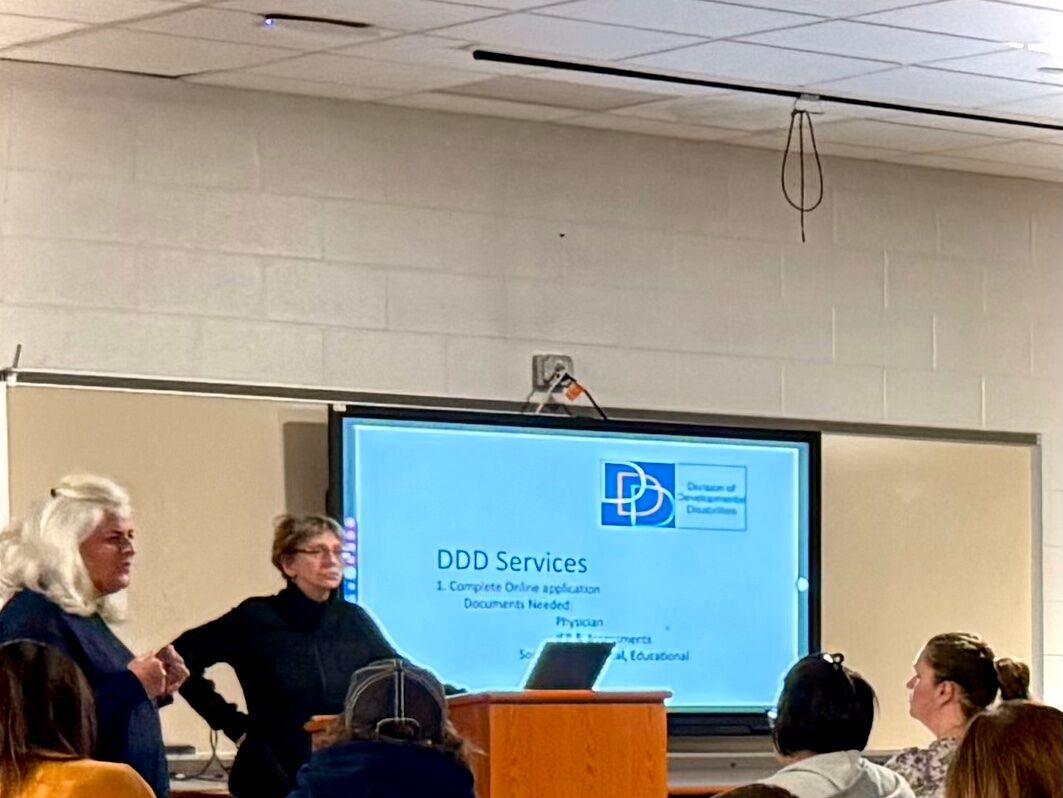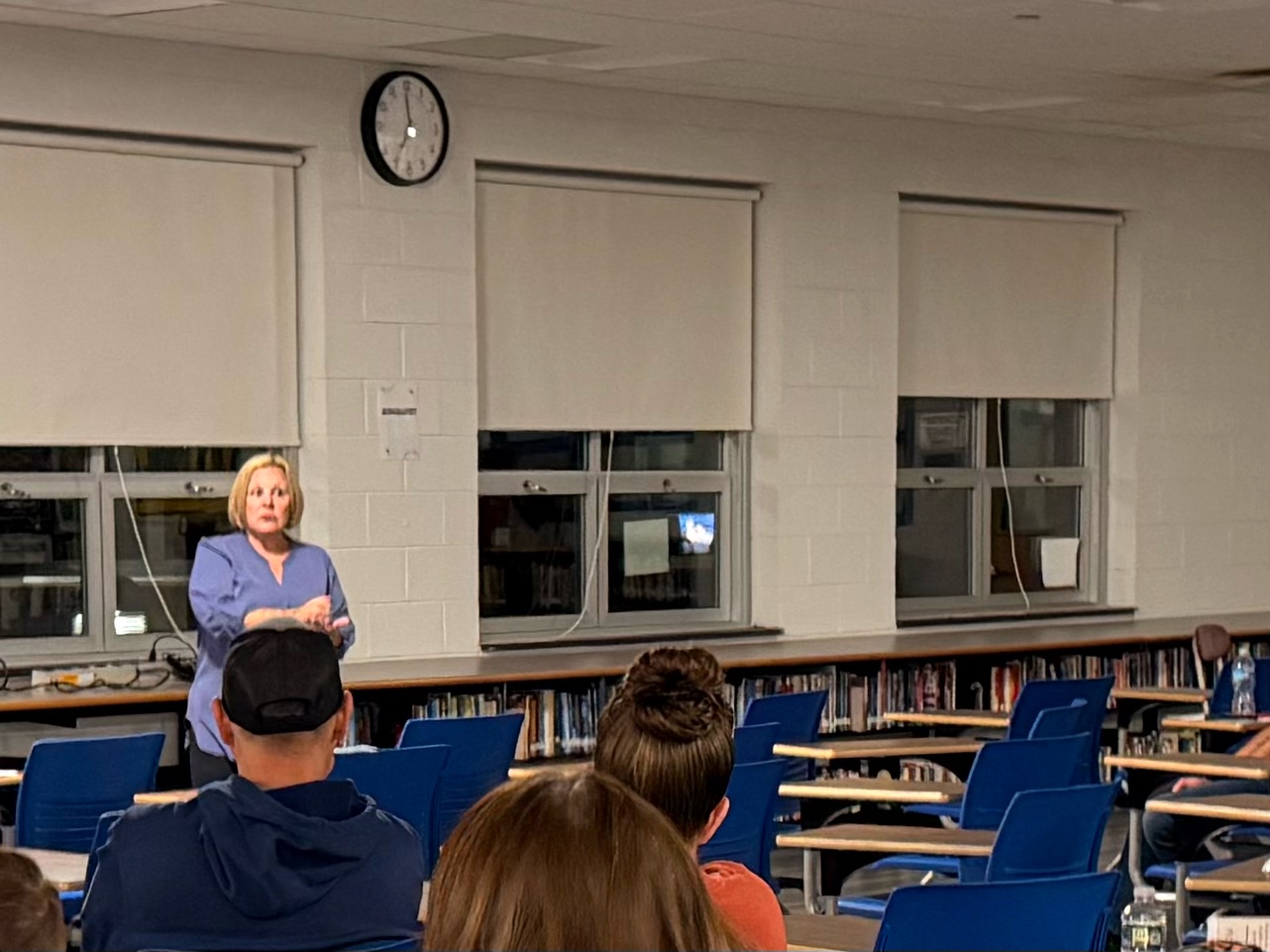Special Edition Newsletter for October 2024
Special Edition October 2024
SEPAG (Special Education Parent Advisory Group) October 2024
On October 16th, 2024, the Special Education Parent Advisory Group met at the Media Center in Williamstown High School. Attendees completed a parent survey to help direct future meetings, and learned about transition to adulthood services available from both SPWA Services and Avenues to Independent Living.
If you were unable to make this meeting but would like to complete the parent survey to ensure that your voice is heard, please complete the survey here.


What is a SEPAG?
Special Education Parent Advisory Groups are designed to provide information to districts regarding special education and related services. Although districts must ensure that a SEPAG is operating in the district, the organization is intended to be parent-driven and focus on system-level challenges. Members can include, but are not limited to:- Parents
- Teachers
- Child Study Team Members
- Students and Former Students
- Community Members
- District Personnel and Administration
Transition Services
In New Jersey, students with disabilities can benefit significantly from several key services after high school graduation. These services are designed to support their transition to adulthood, helping them achieve independence, continue education, find employment, and engage with their communities. Here are three crucial services available to them:
1. Division of Vocational Rehabilitation Services (DVRS)
• Purpose: DVRS, part of the New Jersey Department of Labor, helps individuals with disabilities prepare for, obtain, and maintain employment. It offers a range of services based on individual needs, abilities, and career goals.
• Services Provided: DVRS services include career counseling, job placement assistance, skills training, and supported employment. It also provides funding for educational programs that lead to employment, and it covers expenses related to assistive technology, job coaching, and work readiness training.
• Benefits for Students: DVRS equips young adults with disabilities with the tools they need to enter the workforce, providing critical support during the transition from school to employment. This service can help them gain independence, enhance their skills, and find fulfilling careers.
2. Division of Developmental Disabilities (DDD)
• Purpose: The New Jersey Division of Developmental Disabilities provides lifelong services for individuals with developmental disabilities who meet specific criteria, including a demonstrated functional need for support.
• Services Provided: DDD offers a wide array of support services, including residential programs, day programs, in-home supports, and self-directed services. These can include transportation assistance, personal care, behavioral support, and community engagement opportunities.
• Benefits for Students: Through DDD, students with developmental disabilities can access structured support to help them live as independently as possible. DDD services help them with daily living skills, community integration, and quality of life, often filling a gap in support as they transition out of school-based programs.
3. Centers for Independent Living
• Purpose: CILs are community-based organizations that support individuals with disabilities by promoting self-advocacy, independence, and full participation in society.
• Services Provided: CILs offer a variety of services tailored to the needs of individuals with disabilities, including independent living skills training, peer mentoring, advocacy, information and referral, and assistance with finding accessible housing, transportation, and social services.
• Benefits for Students: For young adults transitioning from high school, CILs provide critical guidance on independent living and connect them with local resources. CILs empower students to make informed choices about their lives, become more self-sufficient, and actively engage in their communities.
Together, these services offer a comprehensive support network that helps students with disabilities transition successfully from high school to adulthood, paving the way for greater independence and a higher quality of life.

 Additional settings for Safari Browser.
Additional settings for Safari Browser.


